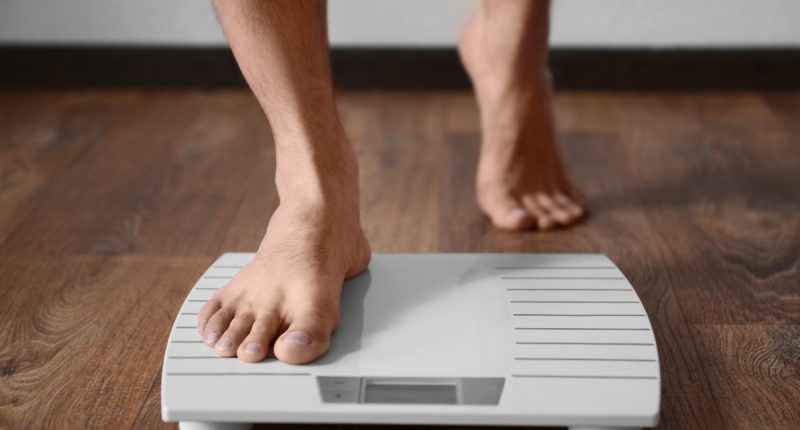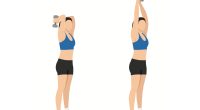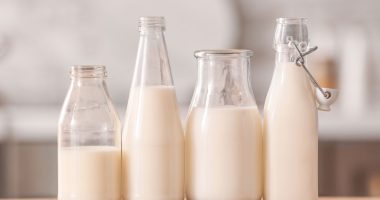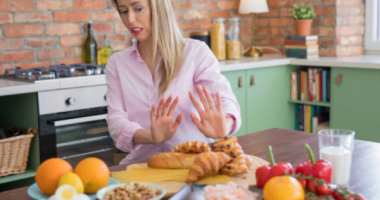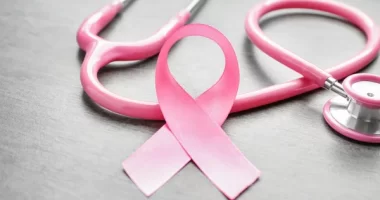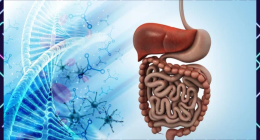5 Scary Side Effects of Dirty Bulking – If you’re trying to bulk up, you’ve likely come across articles on “dirty bulking.” This process essentially means consuming any food you want during the bulk-up phase, including carbs, sugars, and calorie-dense, high-fat meals. (Think double bacon cheeseburgers, French fries, soda, chips—you name it.) While your goal is to put on muscle in a timely fashion, dirty bulking could lead to a variety of health issues along with extra body fat that’s a process to get rid of, says Tyler Read, the founder of PTPioneer.com and a personal trainer who’s been involved in health and fitness for the past 15 years. We’re here to break down some scary side effects of dirty bulking, along with much safer options to pack on muscle.
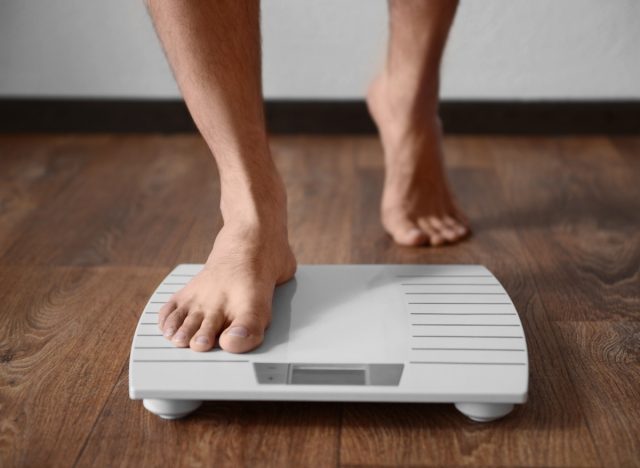
Amy Goodson, MS, RD, CSSD, LD, a board-certified specialist in sports dietetics, the author of The Sports Nutrition Playbook, and a member of our Medical Expert Board, explains, “With dirty bulking, the goal is as many calories as possible to gain weight as fast as possible, which means no food is off limits. While there are some genetically savvy people who might be able to gain mostly muscle, most individuals are also likely to gain fat mass as well.”
Simply consuming more calories and protein—even when following a productive weight training routine—does not lead to “an endless amount” of muscle gains, Goodson says. When you take in excess calories that your body doesn’t actually need, they’re bundled up as triglycerides and saved as fat.
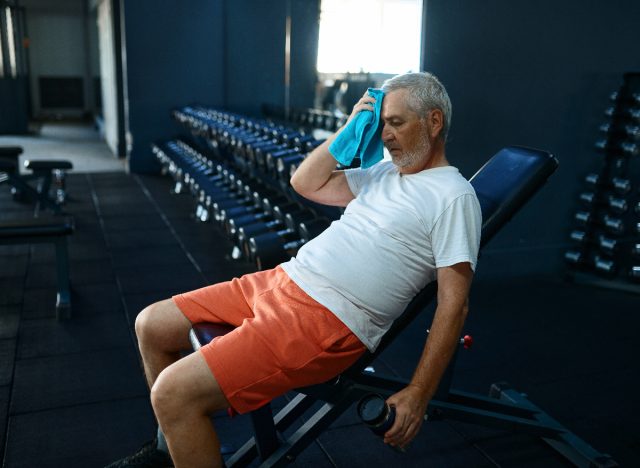
Eating a lot of calorie-dense foods, which are typically packed with fats and sugars, can make you feel a tad sluggish, lazy, and fatigued. This is especially true if you’re putting on weight fast. “You might be gaining weight, but it’s also possible your energy levels might lag behind,” Goodson explains.
According to Sharp HealthCare, foods that are high in the calorie department don’t offer sufficient nutrients or fuel so your body can work to the best of its ability. If you opt for a caffeinated beverage or sugar-packed protein bar, for instance, you’ll experience a brief bout of energy that won’t last and will make you more tired.
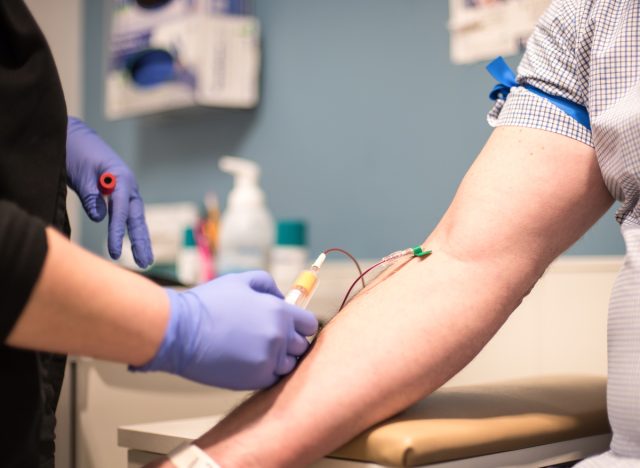
Since you’re not omitting any unhealthy food options from your diet, and calorie-packed foods also have a high fat content, you’re likely taking in excess saturated fat as well. “Long-term consumption of saturated fat can contribute to increases in total and bad (LDL) cholesterol,” Goodson explains.
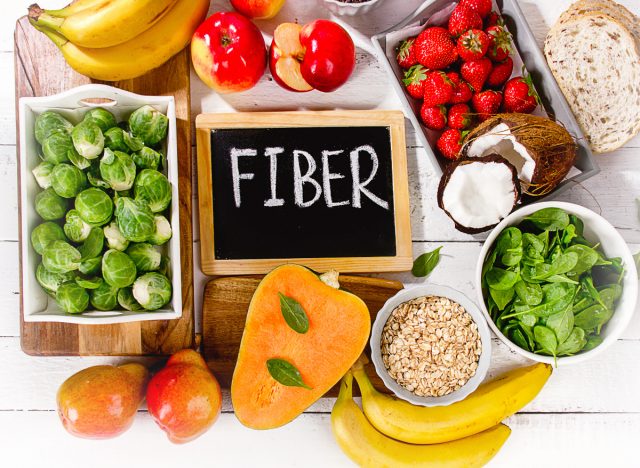
Getting your fill of fiber promotes a healthy gut and heart. You can find it naturally in foods such as fruit, veggies, whole grains, seed, nuts, and beans.
“Because these foods are typically lower in calories, if someone who is dirty bulking eats less of these high-fiber foods, they may not take in what’s recommended,” Goodson explains. “High-fat, high-calorie foods are likely to be lower in fiber. This can contribute to constipation and other gastrointestinal disturbances and long-term, could contribute to an increase in total cholesterol.”
According to the Mayo Clinic, women should aim for a minimum of 21 to 25 grams of fiber each day, and men should consume 30 to 38 grams of fiber daily.
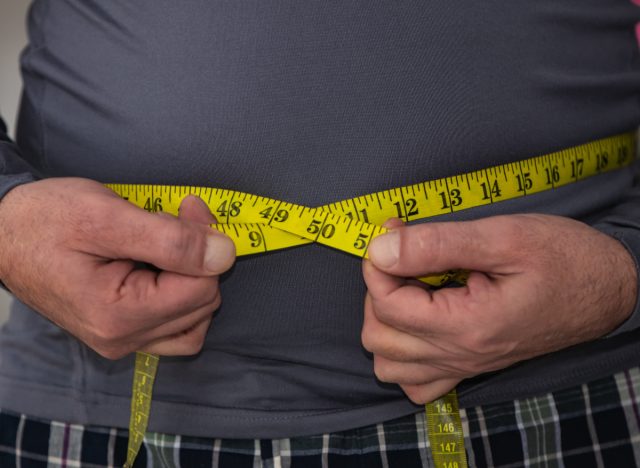
An expanding waistline is something you want to avoid at all costs, but putting on too much weight too fast could result in belly fat. Goodson explains, “This can have negative effects on health like potentially leading to insulin resistance (leading to high blood sugar), an increase in blood pressure, an increase in cholesterol and triglycerides, and more.”
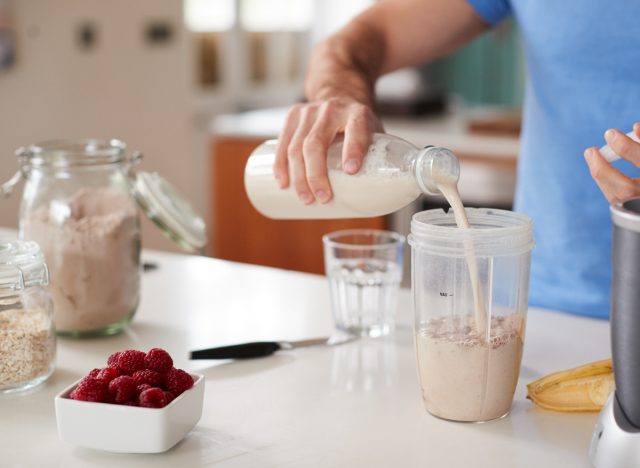
If your goal is to put on healthy weight or lean muscle, Goodson recommends slowly bumping up your calories and sticking to an efficient resistance training routine. “Typically the recommendation is to add 500 calories a day for a few weeks and see how it goes, then if no weight gain occurs or you have not met your goal, then add another 500 calories a day for a period of time,” she adds.
In addition, you want to be mindful of the quality of the food and drinks you’re putting into your body. Eating more healthy fats like nut butter, fatty fish, avocado, seeds, trail mix, and healthy oils offer more calories, along with fiber, protein, and nutrients. Consuming foods like granola, full-fat dairy items, high-calorie protein bars, and homemade energy bites can also help you bump up your calorie intake while offering nutrients such as vitamin D, calcium, and protein. Whipping up a healthy protein shake or smoothie with your favorite nut butter, fruits, and veggies is another way to get in more calories between your larger meals.
Read more on the Home Page
